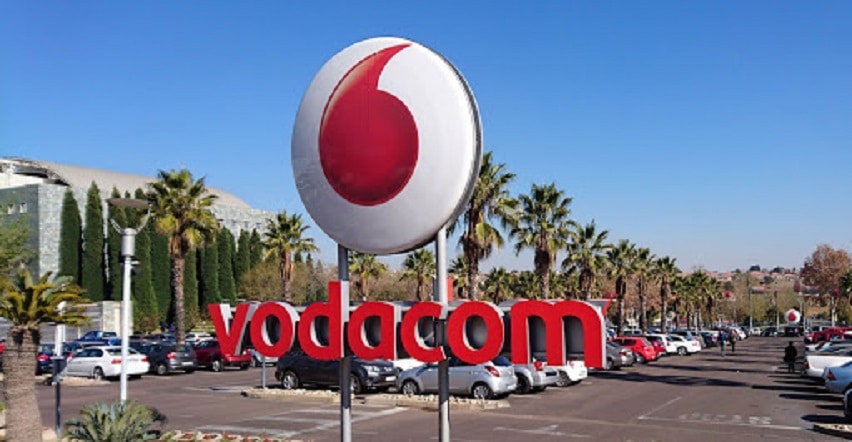Vodacom is stepping up its infrastructure investment with a R20 billion ($1.1 billion) commitment for the 2025–2026 financial year, targeting the expansion of 5G services and deeper network coverage in South Africa’s underserved areas.
The move is a bold play to reinforce the country’s digital foundation and accelerate inclusive growth in the digital economy.
Per ITWeb, this investment is part of Vodacom’s Vision 2030 strategy, which sets out to reach 260 million customers and 120 million financial services users across Africa by the end of the decade.
In South Africa, Vodacom plans to channel a significant portion of the funds into expanding its 5G footprint, already accessible to over 50% of the population as of December 2024.
The rollout of 5G has seen marked improvements, with average download speeds on Vodacom’s network climbing by 48% between the third quarter of 2023 and the fourth quarter of 2024.
This enhancement is crucial for enabling high-speed Internet access that supports digital services, remote work, e-learning, and e-commerce, key enablers of modern economic activity.
Beyond the cities, Vodacom is zeroing in on rural connectivity. Recognising the high cost and logistical hurdles of building infrastructure in remote regions, the company is working with international partners like Orange to deploy solar-powered mobile base stations.
One such initiative is in the Democratic Republic of Congo, aiming to connect up to 19 million people who currently lack reliable mobile coverage.
Despite headwinds from currency fluctuations and energy shortages, Vodacom has maintained solid performance through “strong commercial execution”.
Join 30,000 other smart people like you
Get our fun 5-minute roundup of happenings in African and global tech, directly in your inbox every weekday, hours before everyone else.
The company’s customer base has grown from 115.5 million in 2020 to 211.3 million in 2025. Financial services, including mobile money, are also gaining ground, contributing R14 billion ($775 million) in revenue — 11.6% of the group’s total.
Looking ahead, Vodacom wants to increase its revenue from non-mobile services to 30% while achieving double-digit growth in overall service revenue and earnings before interest, taxes, depreciation, and amortisation (EBITDA).
This diversification is expected to cushion the company against macroeconomic shocks while it expands deeper into fintech, healthtech, and IoT services.
Vodacom’s infrastructure spending cements its leadership in South Africa’s telecom sector and positions it as a central player in the continent’s wider digital transformation push.
By focusing on inclusive access and next-generation technology, it hopes to create long-term value for its shareholders and millions of Africans.
